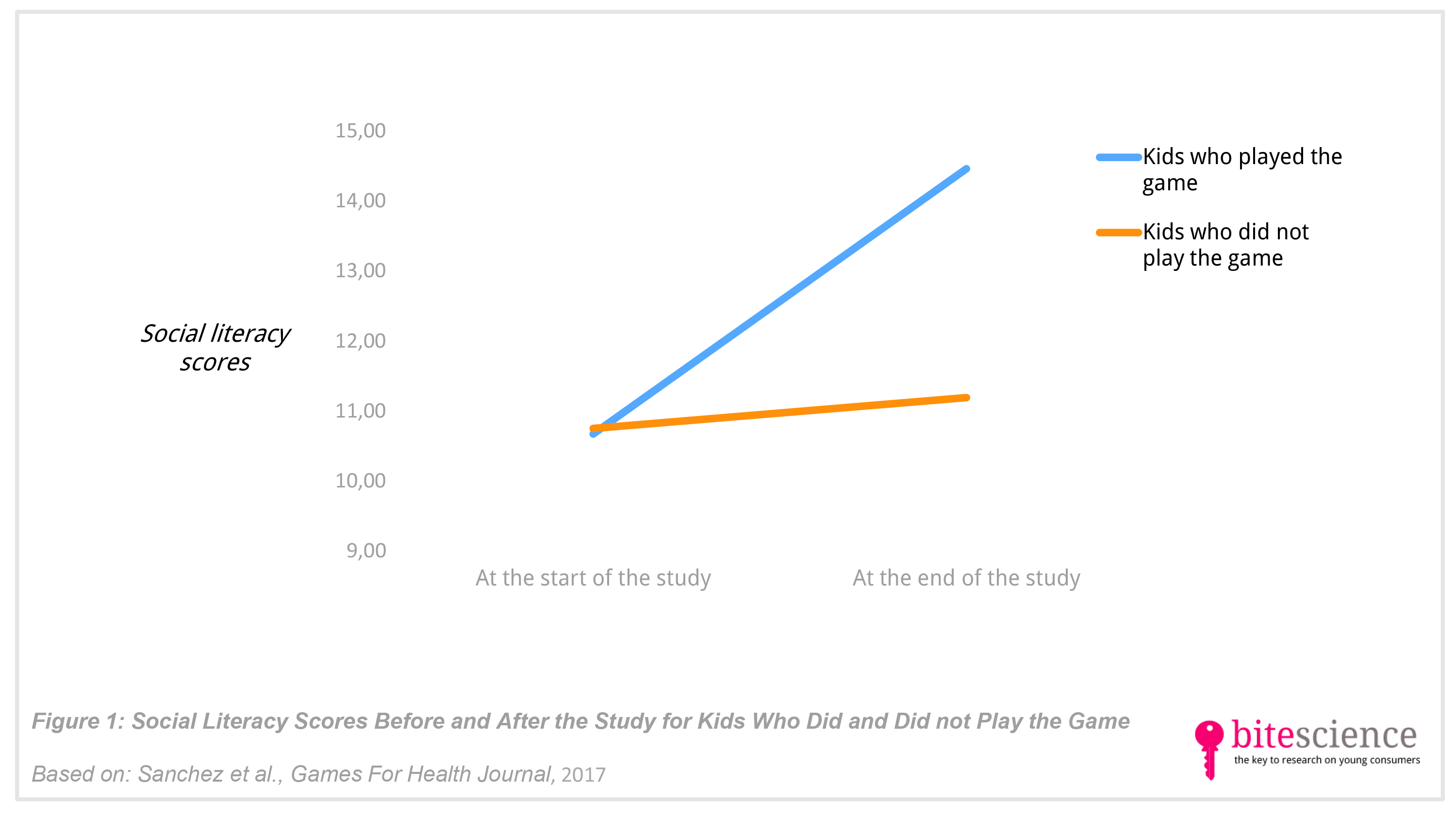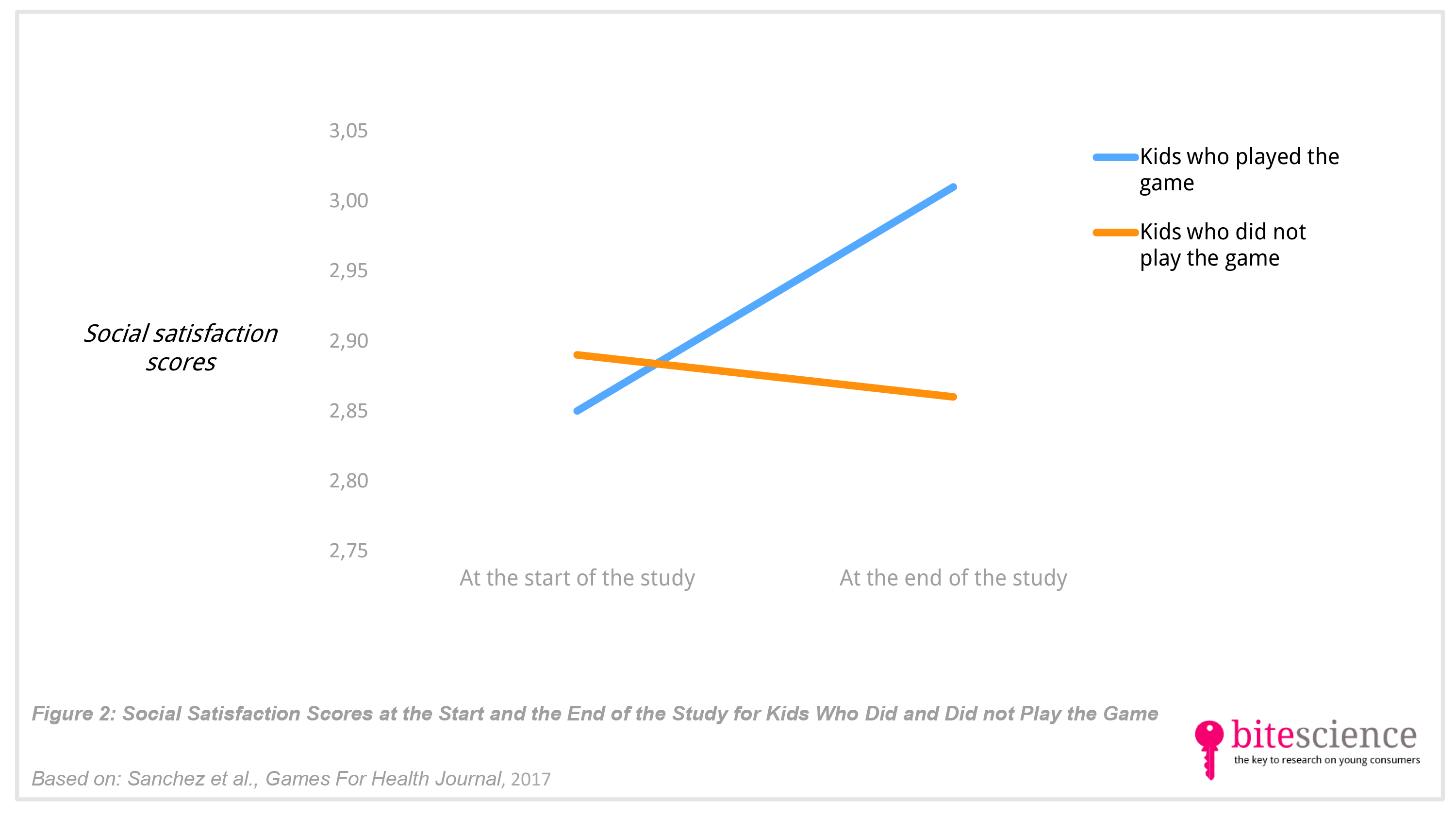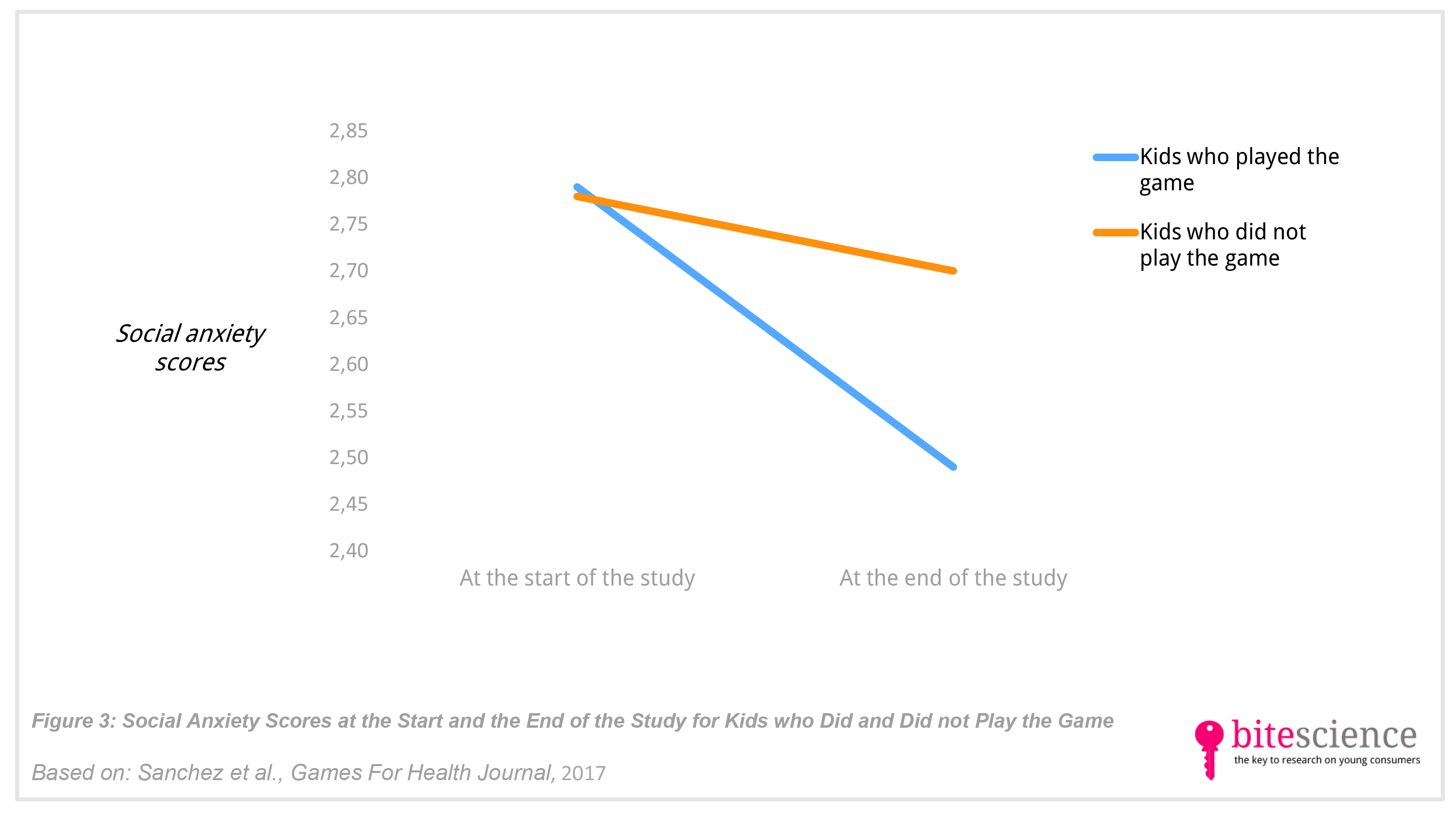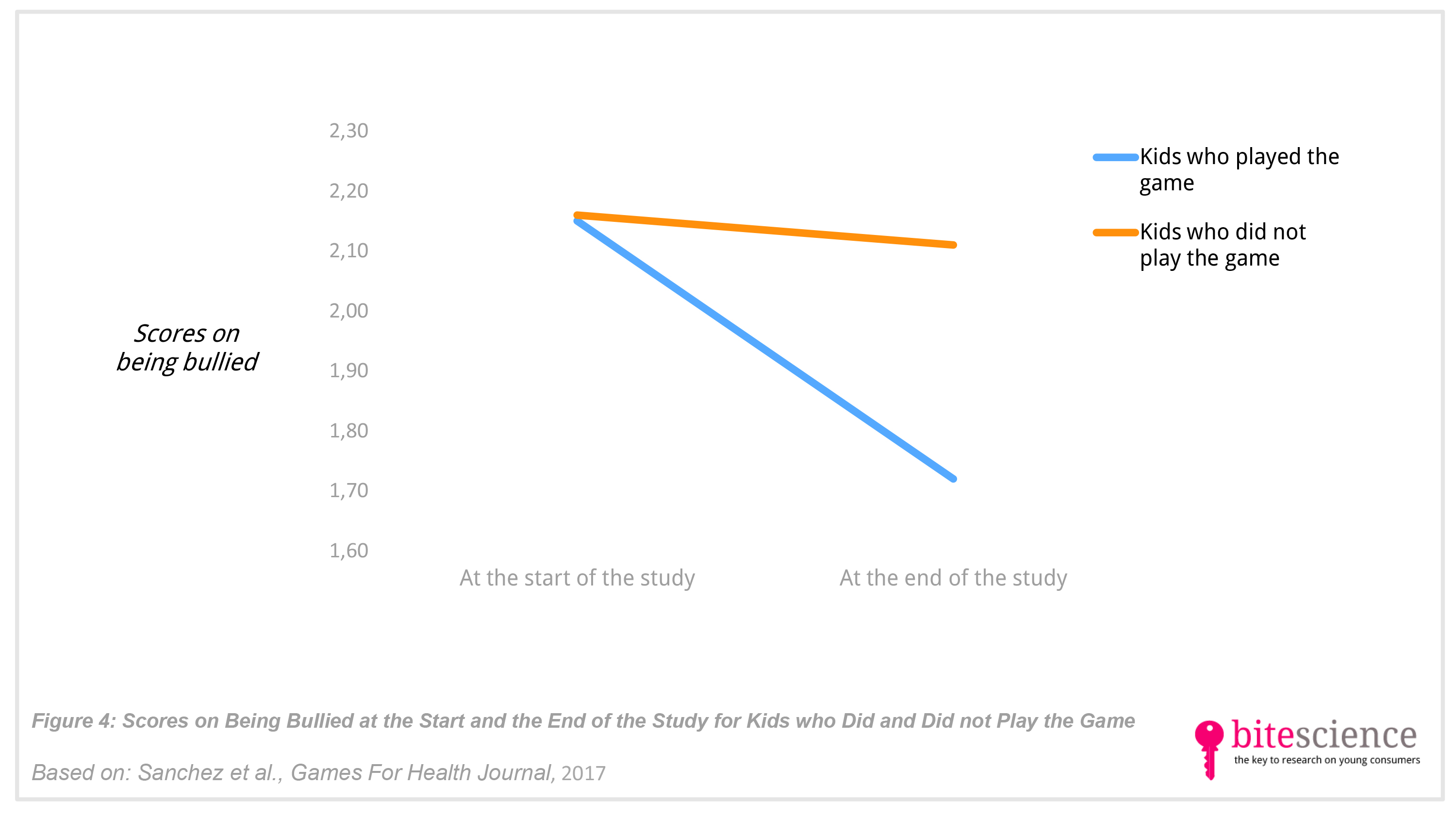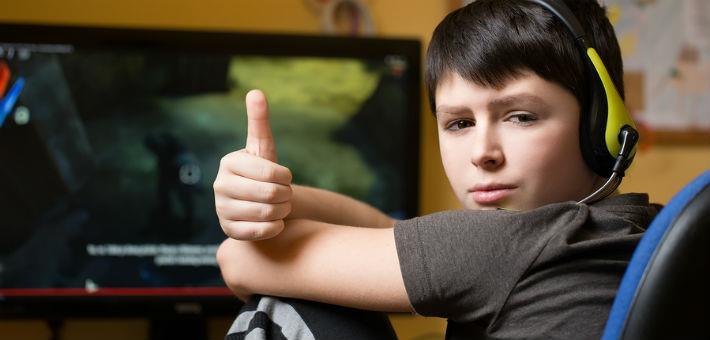
Online Social Skills Game Improves Kids’ Social Wellbeing
Kids with social skill difficulties might benefit from online games that allow them to experiment with social encounters and emotional responses. Targeting the social skills of these kids in an online adventure game can improve their social wellbeing, a study in Games For Health Journal shows.
Take aways
- Playing the online game Adventures aboard the S.S. GRIN can increase social literacy and social satisfaction and decrease social anxiety and experiences of being bullied in kids with social skill difficulties.
- The game is not successful in changing children’s confidence in their own social skills, or in decreasing bullying itself.
- Serious games that can be played at home (such as the Adventures game) can be a viable way to implement mental health interventions, because this allows to reach large numbers of kids and reduce treatment costs.
Study information
The question?
Can an online game targeting social skills improve social wellbeing of kids with social skills difficulties?
Who?
69 seven-to-eleven-year-olds (mean age: 8.9 years; 59% males; 55% was White; 6% was Hispanic)
Where?
Not reported (online)
How?
The researchers recruited participants via their schools, child services, and online advertisements targeted at their parents. Interested parents filled out a survey about their kids’ behavioral and emotional functioning. Kids were eligible to participate when they were between 7 and 11 years old, participated in regular education, were proficient in the English language, had access to a computer with internet connection at home, and were at risk of behavioral and/or emotional problems based on the survey parents completed. The kids were divided into two groups: for nine weeks, the treatment group weekly played an online game, while the control group did not play this game.
The online game Adventures aboard the S.S. GRIN was based on the principles of the similar in-person intervention. In the game, kids were crew on a sailing ship that traveled around an island. They had to solve social challenges, such as addressing conflicts and saving friendships, while the rest of the crew served as agents to foster specific social skills. All kids completed an online survey at the start and the end of the study, which contained questions about their social literacy (kids’ understanding of social skills such as respect, empathy, and cooperation), social self-efficacy (kids’ confidence in their ability to succeed in the social domain, like being sure they can start a conversation with a peer), social anxiety (kids’ worries about social situations with peers such as being teased), social satisfaction (kids’ satisfaction with their peer relations), being bullied (e.g., being punched or ignored), and bullying (e.g., teasing other kids or stealing from them).
Facts and findings
- Compared to kids who did not play the online game, kids who played the game reported increased social literacy (Figure 1) and social satisfaction (Figure 2) and decreased social anxiety (Figure 3) and experiences of being bullied (Figure 4).
- The game had no effect on social self-efficacy and bullying.
- The results did not vary for kids from different ages and they did not differ between boys and girls.
- Critical note: A relatively small number of kids participated in the study, thus the results should be interpreted with caution.
- Tip! The original article contains screenshots of the game (see link at the right side).
